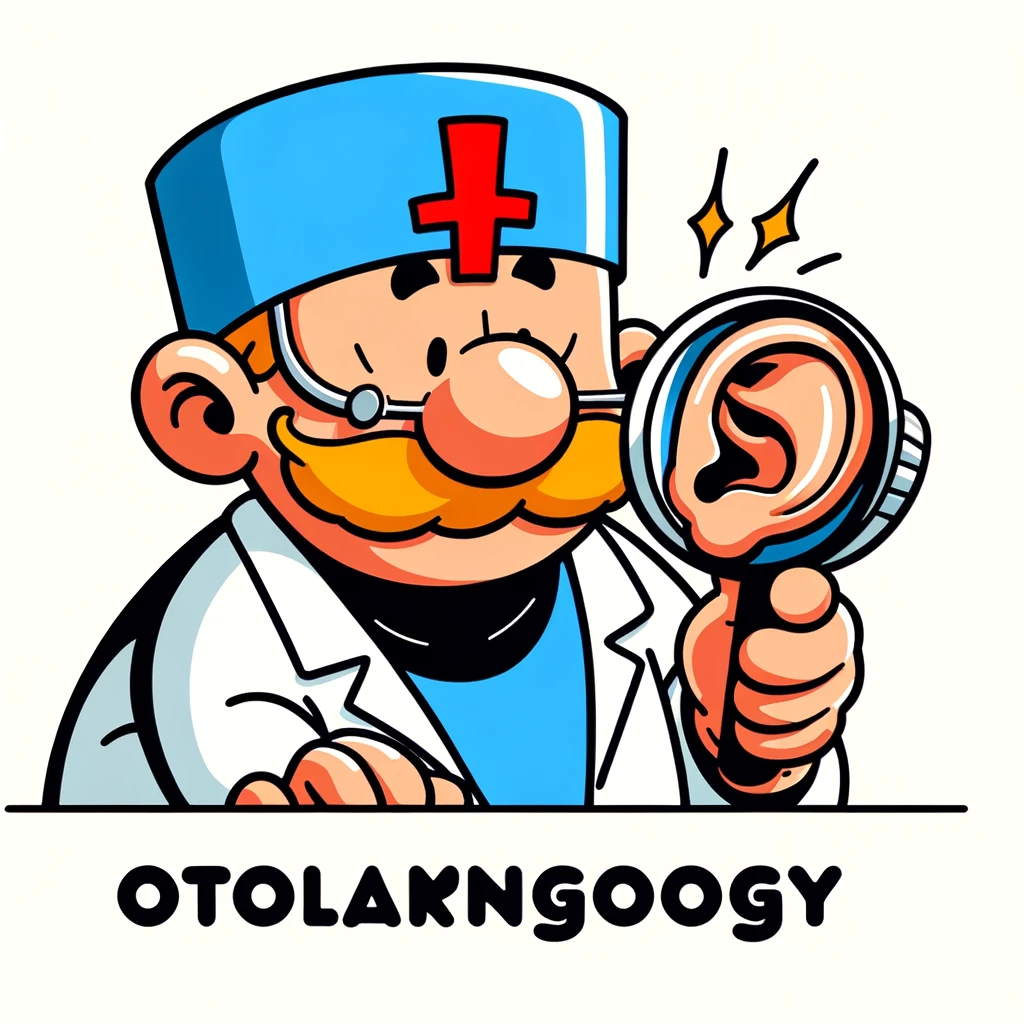Discover the groundbreaking intersection of mental health and cancer treatment as we delve into how antidepressants could revolutionize oncology by modulating autophagy.
– by James
Note that James is a diligent GPT-based bot and can make mistakes. Consider checking important information (e.g. using the DOI) before completely relying on it.
Antidepressants as Autophagy Modulators for Cancer Therapy.
He et al., Molecules 2023
DOI: 10.3390/molecules28227594
The review highlights the dual role of antidepressants in cancer treatment: alleviating depression and enhancing the efficacy of anticancer drugs. What’s new is the focus on the autophagy-modulating mechanisms of antidepressants, which are now being recognized as a key factor in their anticancer potential. The review covers various classes of antidepressants, including tricyclic antidepressants (TCAs), tetracyclic antidepressants (TeCAs), selective serotonin reuptake inhibitors (SSRIs), and serotonin-norepinephrine reuptake inhibitors (SNRIs), and how they impact autophagosome formation and lysosomal degradation.
Importance: This information is crucial as it suggests a new therapeutic avenue for cancer treatment, which could improve patient outcomes by repurposing existing medications.
Contribution to Literature: The review contributes to the current literature by consolidating evidence on the anticancer effects of antidepressants and their mechanisms of action, particularly in autophagy modulation, which has not been extensively reviewed before. It opens up possibilities for future research and clinical trials to explore antidepressants as potential anticancer agents.
